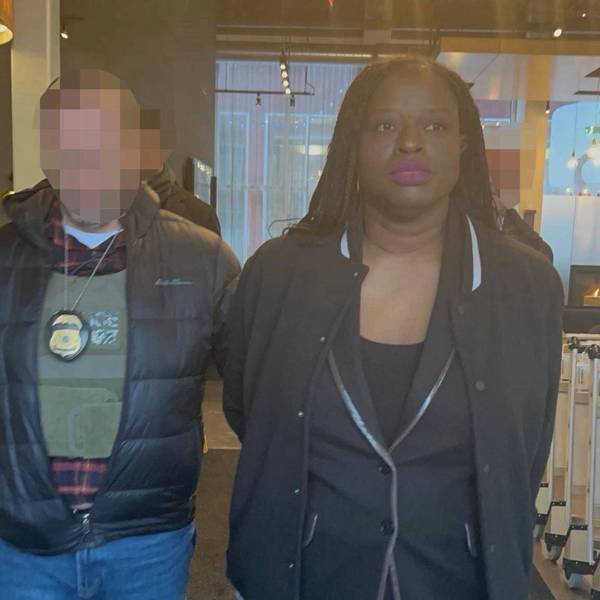Occupy Wall Street didn't begin for me on September 17, 2011. I was there when Zuccotti Park was first claimed by activists and the encampment began, but I didn't see much potential that first day on a drab stretch of lower Manhattan concrete. For me, Occupy began later, on October 1, when 700 people were arrested on the Brooklyn Bridge, myself included. A timeless protest recipe (mix collective direct action and police stupidity) blocked a major New York City artery for hours; then around the country, the heartbeat of something happening grew louder.
I can calendar mark an anniversary, but I can't date Occupy's end for me -- it was a fizzling, a burnout, a failure to re-emerge after hiatus. But it did end. The more radical, on-the-ground actions emanating from Occupy camps were shut down by police, while the messaging lived on, funneled into political campaigns.
On September 17, 2016, a handful of onetime Occupy participants returned to Zuccotti Park to mark five years since the camp's inception. They paid homage with cardboard signs carrying anti-capitalist slogans and spoke to the few journalists who were present, answering questions about the presidential election. Caleb Maupin, 28, told The Guardian that he thought the Sanders campaign was like "a giant Occupy Wall Street rally." "Every candidate wants you to think they are the Occupy candidate," he said. There was a time, five years ago, when for many of the protest participants, the term "Occupy candidate" was an oxymoron.
It "changed the conversation." That much has been said, again and again, of Occupy Wall Street in the years since the brief but intense flourish of encampments, marches, and political direct action that began in New York in September 2011. What this tends to mean is that issues of income inequality, banking regulation, and raising the minimum wage -- and phrases like "the 99 percent" and "the 1 percent" -- have been picked up by politicians and recognized by major media institutions. And there's truth to it. One need look no further than the popularity (especially among the young) of the self-described democratic socialist who wanted to be president.
The problem with Occupy's legacy as primarily a "conversation changer" is that the protest moment gets framed as a set of talking points -- a corrective to mainstream political discourse alone. "Occupy" has been historicized as a slogan and forgotten as a tactic and a verb. This is understandable: Historians bestow the title "success" on that which continues -- after all, "to succeed" doesn't just mean to win, but also to follow and replace. But we miss a useful lesson in radical political history if we confine Occupy's memory to the thing that laid the ground for Sanders's campaign and "changed the conversation."
Read the rest at The Intercept.



